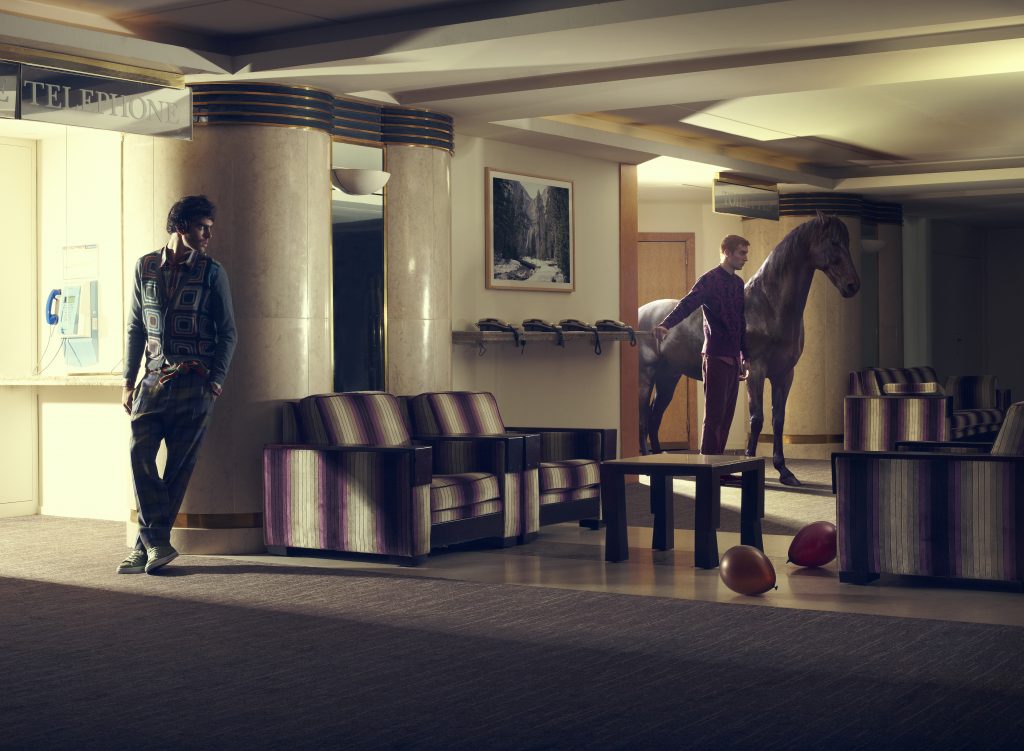
Gather ‘round kids, let me tell you a story that is bound to repeat itself. On January 17, 1920 The Eighteenth Amendment (Amendment XVIII) of the United States Constitution established the prohibition of alcohol in the United States. Prohibition was successful in reducing the amount of liquor consumed, cirrhosis death rates, admissions to state mental hospitals for alcoholic psychosis, arrests for public drunkenness, and rates of absenteeism.While many state that Prohibition stimulated the proliferation of rampant underground, organized and widespread criminal activity, two academics maintain that there was no increase in crime during the Prohibition era and that such claims are “rooted in the impressionistic rather than the factual.” Ha! By 1925, there were anywhere from 30,000 to 100,000 speakeasy clubs in New York City alone. Wet opposition talked of personal liberty, new tax revenues from legal beer and liquor, and the scourge of organized crime. Prohibition also had an effect on the music industry in the United States, specifically with jazz. Speakeasies became very popular, and the Great Depression’s migratory effects led to the dispersal of jazz music, from New Orleans going north through Chicago and to New York. This led to the development of different styles in different cities. Due to its popularity in speakeasies and the emergence of advanced recording technology, jazz’s popularity skyrocketed. Currently we’re facing the same reality as the world continues to grapple with the ongoing Covid-19 pandemic that has seen all types of entertainment shuttered indefinitely. If things continue as they are now 2020 will usher in the New Roaring 20’s – where we sneak out not to drink illegal booze but to see a band perform, visit a museum or see a ballet performance.
Even now as I type this the internet is abuzz with Underground parties that have been taking place every weekend in the city, spread via WhatsApp chat groups and text chains with promoters asking people not to publicize the illicit event. Of course, pandemic partying isn’t exclusive to NYC. The whole world wants in.
Story by Dina Mincy.

